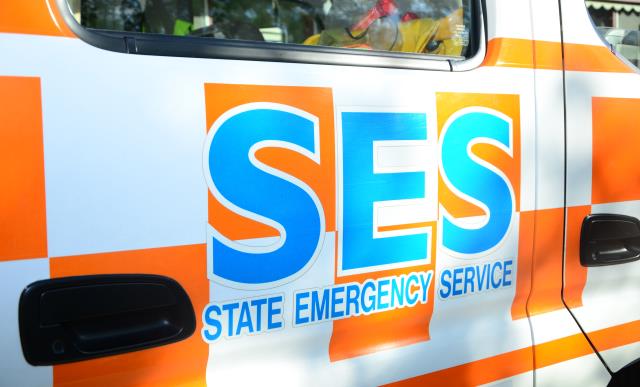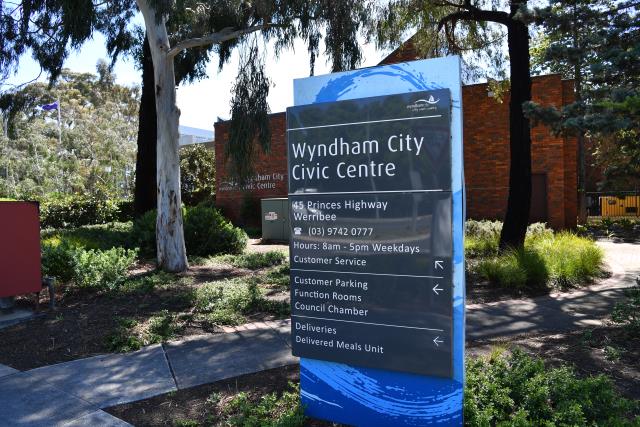Victoria State Emergency Service (VICSES) and Powercor are urging Victorians, including those in Wyndham, to be prepared for a high risk spring season, with the increased risk of storms, floods and power outages.
Victoria’s emergency management agencies last week declared spring to be a “higher risk weather season”, with predictions of wetter than average conditions from September through to November.
VICSES Chief Officer Operations, Tim Wiebusch urged residents to be flood and storm ready.
“VICSES volunteers are highly trained and will be ready and prepared to respond to requests for assistance to flood and storm events as required, however we are asking communities to also…make sure you stay informed, and listen to the advice of emergency services as warnings are issued,” Mr Wiebusch said.
“We’re also asking communities to have a plan in place. Start conversations with your family and household to discuss your options in the event of a storm or severe weather event or storm.
“If you have not yet done so, now is a good time to develop your personalised storm and flood emergency plan for your home and property. Especially in the instance of a power outage, ensure to have a backup battery operated radio and flash light as part of your emergency kit.”
The Bureau of Meteorology has also moved the ENSO Outlook to La Nina Alert, meaning the chances of La Nina forming in the coming months has increased to about 70 per cent.
“Get ready before the rain falls. We know this spring is expected to be wetter than average. Understanding your risk and early preparation is the best defence against storms that may result in flooding,” Mr Wiebusch said.
“If you ever come across floodwater, it’s vital you never enter it. It can take just 15cm of water for a small car to float or lose traction, it may be the last decision you ever make.”
Powercor’s Richard Scholten said while field crews worked year-round conducting critical maintenance, inspections and vegetation clearing to keep the network as safe and reliable as possible, customers also had an important role to play.
“Spring brings more frequent thunderstorms and those conditions, particularly the wind and lighting, can damage poles and wires and cause power outages,” Mr Scholten said.
“When these events occur, we work closely with VICSES and other emergency response agencies to respond as quickly and as safely as possible to restore power for our customers.
“For example, when large trees fall over roads and block access, VICSES will remove them, supporting us to get to fault locations safely and quickly.
“Given the forecasts, we’re asking customers to be as prepared as possible for power outages in case they do occur, because as we saw last Spring, the impacts can be significant.”

















